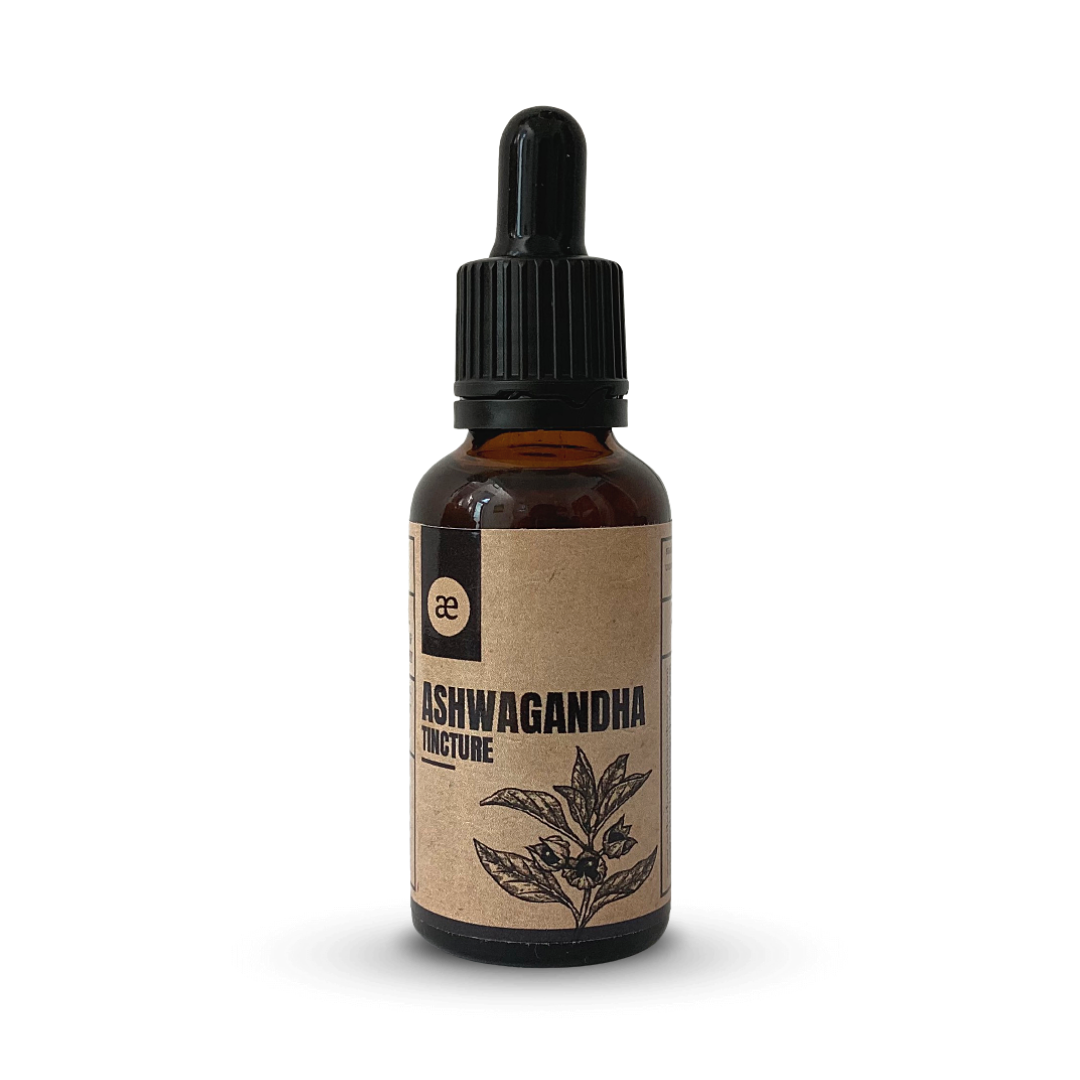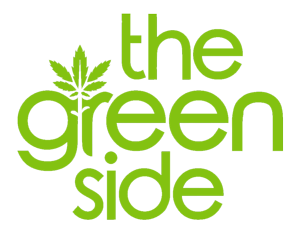Description
Ashwagandha’s first appearance is in the sacred texts: the Charaka and the Sushruta Samhitas, in fact Ashwagandha can be traced back directly to Atreya Punarvasu the esteemed sage whose teachings founded the six schools of Ayurveda.
Ashwagandha translates to “the smell of a horse” referring to its pungent odour. Once ground, the herb smell was likened to a stallion and was thought to impart the power of one, too. Ashwagandha is currently one of the most popular herbs in the world due to it being rejuvenating to the whole body, as well as promoting physical and mental health. With over 80 complex phyto-chemicals known from this herb we can comfortably say that this extraordinary root rivals any tonic herb in the world.
Ashwagandha is perhaps best known for its ability to reduce stress; Cortisol, our natural stress hormone, is released from the adrenals to mobilize the “fight or flight” response to a perceived imminent danger. Cortisol naturally follows a daily rhythm, rising in the morning to help mobilize the body’s forces for our daily needs and lowering in the evening to allow the body to sleep and perform restorative measures, however the stress of modern human culture chronically activates the cortisol stress response – which can impact delicate glucose and lipid balance as well as vascular integrity, gastrointestinal membrane integrity and nervous system function. Ashwagandha has been shown to promote healthy levels of cortisol and contribute to healthy inflammatory processes, numerous tests prove that this adaptogenic herb can promote the functions of the immune, cardiovascular and nervous systems, as well as protect the brain, muscles and joints from long term degeneration.
The main active substances in ashwagandha root are a variety of steroids with ergostane skeletons (also called “withanolides”) withaferin A & withasomnine being superb examples, as well as alkaloids and saponins. Withanolides have been extensively studied for their antibiotic and antioxidant effect. Sedative effects have also been ascribed to the alkaloids and in vivo studies have shown significant adaptogenic activity.
This exquisite herb has naturalised in South Africa and has been used extensively in our traditional medicine – the South African variant proving to be higher in these Withanolides mentioned above, as well as being very hardy and drought resistant. We supply both ashwagandha root powder as well as a tincture.




















Reviews
There are no reviews yet.